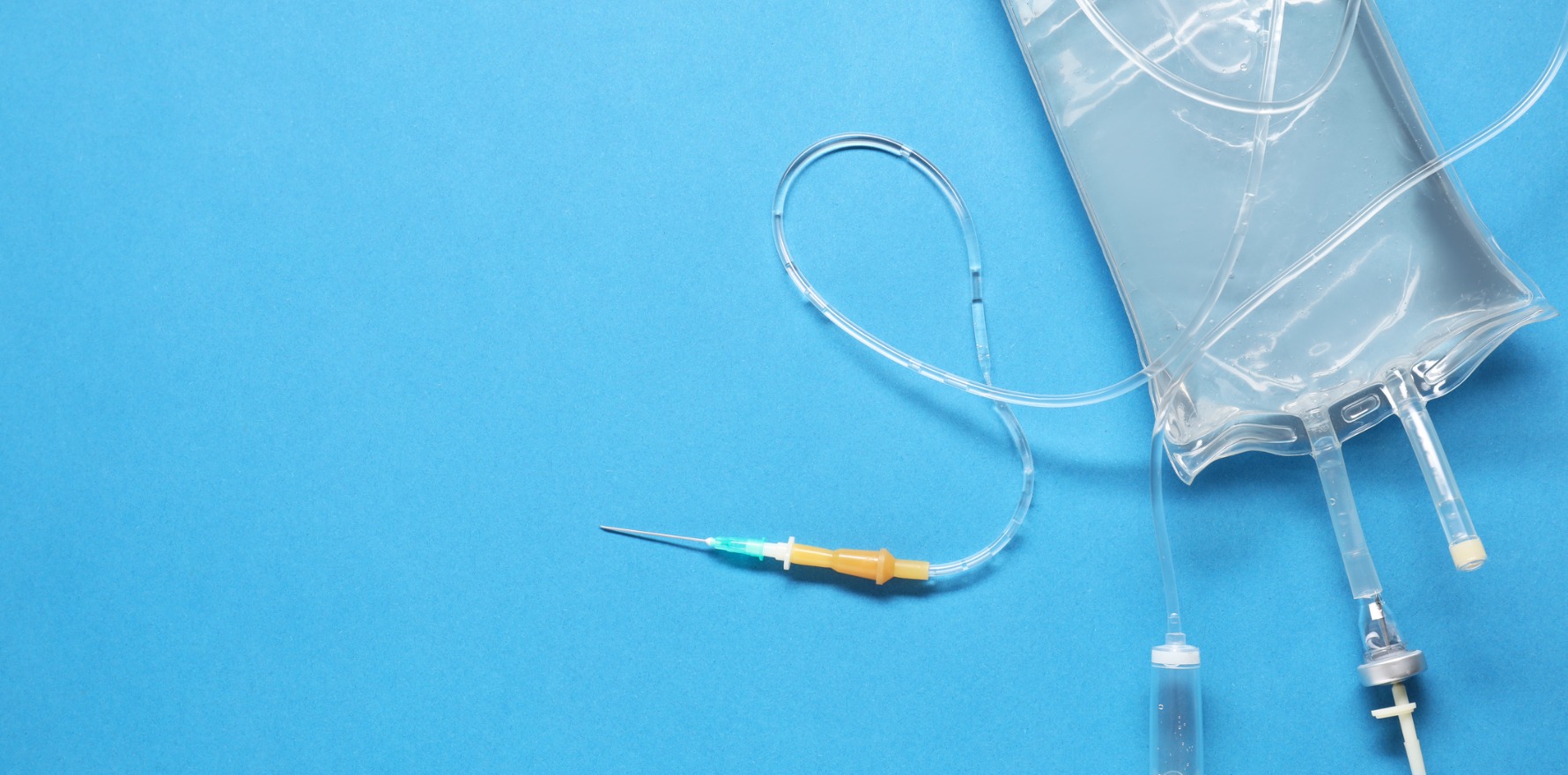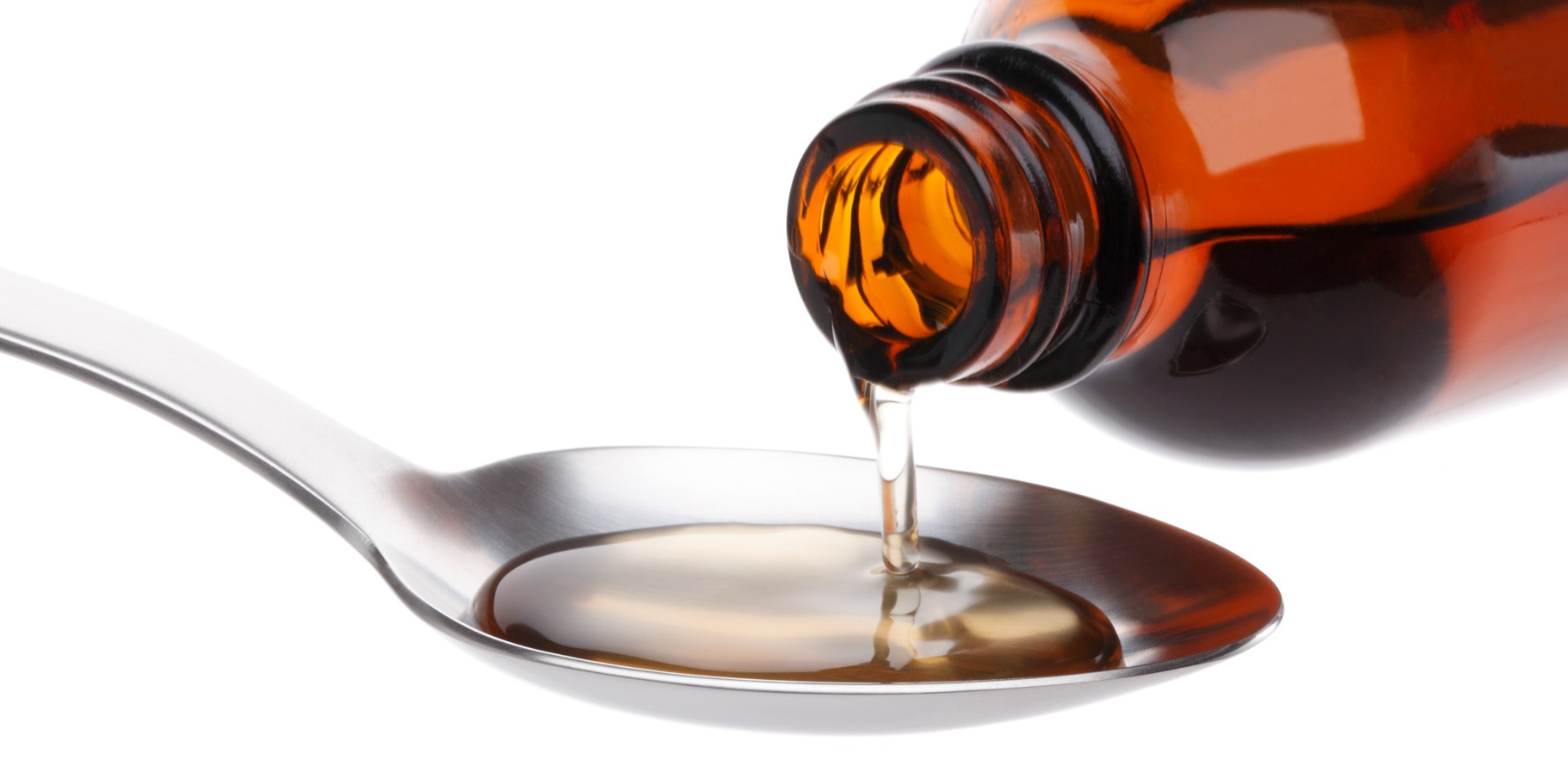As intravenous fluids join the long list of vital medical commodities in shortage, the voice for local production needs to be louder.
AMA president Professor Steve Robson suggests that Australia may need to reconsider its sovereign manufacturing capacity for vital medical supplies amid a global intravenous fluid shortage.
Last week, the TGA confirmed that the global IV fluid shortage had reached our shores, with all three Australian suppliers – Baxter Healthcare, B.Braun and Fresenius Kabi – affected.
The regulator suggested that supply would likely be constrained throughout the year, prompting some hospitals to warn ward staff to err on the side of caution when using saline fluids, according to Assistant Minister for Health and Aged Care Ged Kearney.
“I was visiting a hospital here in Adelaide just yesterday and I saw signs on the walls in the wards saying, ‘please be very careful with your use of saline’,” Ms Kearney said
“This is a global supply shortage. We expect it to continue for some months.”
According to the TGA, the shortages are a result of “global supply limitations, unexpected increases in demand, and manufacturing issues”.
“Managing the shortage and supply of IV fluids is a priority for us, as we understand these medicines are of critical importance,” it said.
AMA president Professor Steve Robson said IV fluids marked another medical must-have on the national shortage list.
“I’ve spent a lot of the last few days talking with the TGA and with other people around shortages of IV fluids and we are seeing all sorts of fundamental and important adjuncts to medical care – whether they are menopausal hormone treatment, antibiotics for mycoplasma pneumonia – all sorts of logistic shortages,” he told the Senate today.
Professor Robson said that Australia may have to consider its local manufacturing capabilities, or at least national stockpiling of vital medications.
“I was truly surprised that we don’t manufacture IV fluid here,” he said.
“These are things that I think would be worth a rethink: sovereign manufacture, or at least some way of making sure that medications that are so fundamental to so many people … we never run out of.”
Professor Robson told The Guardian last week that the health system risked coming to a “grinding halt” over the next week and disruptions to surgery could rival those of the covid era if IV fluid wasn’t made available.
“This kind of supply constraint is unprecedented,” Professor Robson said.
“That would affect every surgeon, every anaesthetist and every patient awaiting surgery in the country.
“The number of patients potentially affected would be unbelievable.”
Speaking to NewsGP, RACGP acting vice president Dr Ramya Raman said general practice could be affected by the shortages, which were most concerning for patients in regional and rural areas.
“When such shortages occur, it just means that we’re needing to really prioritise,” she said.
“In rural and remote areas, there would be more procedures that they are doing, and the general practice may be the only port of medical access for patients in that area.
“In general practice, the answer is yes, we do use it, but the circumstances do vary depending on the situation and the location of the practice.”
Multiple bag sizes of sodium chloride 0.9% (saline) and compound sodium lactate products are in shortage.
The TGA said it was “closely monitoring” the situation and would work with the relevant suppliers to keep professionals and patients in the loop.
Related
The regulator has approved a number of IV fluid substitutes approved overseas, to circumvent the shortages in the short term.
“We continue to collaborate with jurisdiction health departments, and suppliers of Australian-registered IV fluid products to monitor the situation and address any regulatory barriers to supply,” it said.
“However, we cannot compel companies to register, manufacture, or increase supply in Australia.”
According to Ms Kearney, there were also a number of other products going through the TGA approval process that should help alleviate the shortages over the coming year.
The TGA is currently undertaking an investigation into medicine shortages in Australia.





